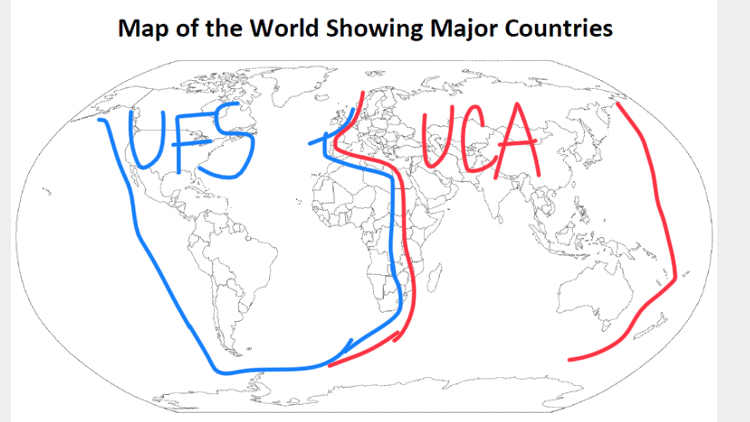I explain how the communists did it.
First, they committed mass murders only in troubled times:
- after anti-communist revolutions (there was many)
- to supress anti-communist resistance (there was lesser, but they existed)
- before, during and after wars (mainly WW2)
- if there were an instability in the system (like Stalin's 1937 purge)
In "ordinary" times, simple existential threat was enough for the majority of the population. The others were sent to prison (or into psychiatric treatment for their "political delusions").
The important thing is: it was not so because the system had been so nice. It was exactly so brutal and opressive, as always. They becaume "nicer" only because they didn't need executions any more to control the society. Existential threat was enough.
In the rare cases, mainly for induvidual, hopeless, single-person attacks, the System was exactly so cruel as always (execution already for the preparation, or suspected preparation to commit "terrorism").
Thus, one possible reason is that they simple don't need to execute them.
However, it is a bad reason.
Such people, knowing dangerous secrets, and hostile against the communist rule, simply disappeared or died in an "accident" already for much lesser. For example, translators knowing about what the rulers of the communist states talked between each other.
In the case of this man, the most likely result had been a similar "accident" and not an exile.
In the communism, people mainly never was allowed to leave the country. They knew very well, that likely they wouldn't come back. Particularly not with state secrets.
"Exile" had been such a "punishment" which were the most far from the psychology of the System.
"Internal exile" was rare, but possible:
- Millions of people were sent to labour camps in the CCCP. In many cases, it was essentially a "slow execution". It belongs more to the mass execution category (the total death toll of the CCCP labour camps is estimated from millions to 20million).
- There were disgraced, high-level party members, whose execution had been impractical or the System didn't want to do that on various reasons (for example, they were positive symbols in their "shining" period). An example is Matyas Rakosi, sent into such exile for being unable to avoid the 1956 revolution againt the communist system.
An example of external exile was Aleksandr Solzhenitsyn. He was exiled because he got a Nobel Prize while living in a communist labour camp. It had been problematic for the System, to execute a Nobel Prize winner or to hold him in the camps, but they had no place also in the Soviet society. Thus, he was deprived from his Soviet citizenship, and was sent to the US (where he lived until his death). But it was such an uncommon thing, that doing this has required the decision of the Politbüro ("political committee", officially the committe of the communist party to decide the political strategy of the party. De facto, they were the small group of the real rulers of the communist country).
Thus, this man would die in an "accident".
The only reason for the System to keep him alive, if his death, even as accident, would be a PR disaster. PR is important to demoralize the enemy (not the working class, but their rulers). If he is well-known on the other side, and the other side would get a significant PR advantage, then it might be possible that they don't kill him, only hide him. But for a not well-known man, there is no reason to keep him alive. It was not the nature of the system.

